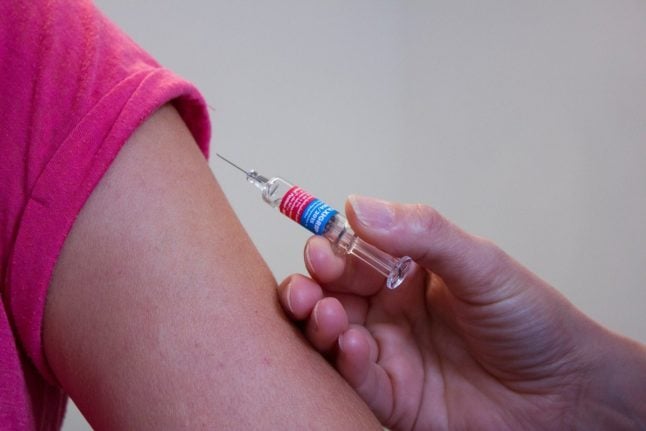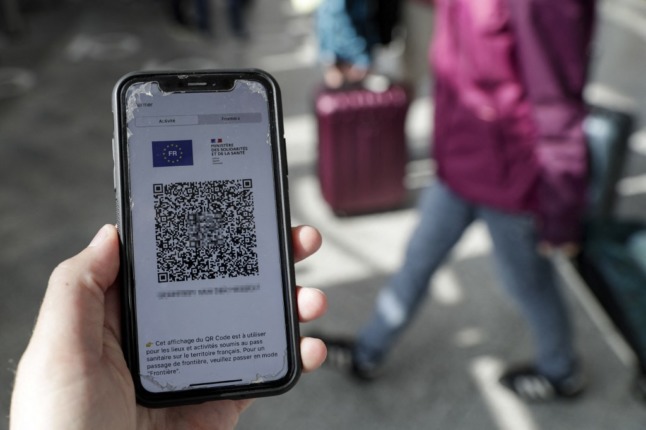Those who don’t wish to be immunised against the virus will not remain anonymous and the Ministry of Health will register the names of people who refuse to have it and their reasons why, reports 20Minutos.
The Minister of Health, Salvador Illa has assured the Spanish public that the vaccine is effective against the new strain of Covid too, of which “there is no evidence” in Spain.
This information will be included in a ‘vaccination registry’ of each citizen. This new information appeared in a report on Vaccination Strategy against Covid, which was released by the the Ministry of Health on Monday, December 21st.
The document states: “Without prejudice the duty of collaboration falls on individuals to get vaccinated against COVID-19 and will be voluntary”. Despite this, it adds that “it is considered important to register cases of rejection of the vaccination in the vaccination registry, in order to understand the possible reasons for this in different population groups”.
Those who agree to be vaccinated must first give verbal informed consent, except in certain circumstances when it may be required in writing, for example when it comes to vaccinating children in schools, when parents or guardians are not present.
The number of Spaniards willing to take a Covid-19 vaccine grew to 40.5 percent this month, from 36.8 percent in November, a new poll revealed on Monday December 27th, just days before Spain begins its inoculation programme.
Another 16.2 percent said they are willing to get the jab if it is shown to be “reliable”, up from 1.4 percent in November, according to the survey by the state-funded CIS research institute.
Meanwhile, the percentage of Spaniards who said they are unwilling to take the jab plunged to 28 percent in December from 47 percent in the previous month.
Spain plans to start immunising people against the coronavirus on Sunday, December 27th, starting with elderly residents and staff in nursing homes.
The government expects to have between 15 million and 20 million people out of its population of 47 million vaccinated against the virus by June 2021.
Spain has been one of Europe's worst-hit countries by the pandemic, with the virus infecting around 1.8 million people and causing nearly 49,000 deaths, according to health ministry figures.
READ MORE: Spain to start vaccination program on December 27th



 Please whitelist us to continue reading.
Please whitelist us to continue reading.
Member comments